
As we move through 2024, the role of a project manager has expanded well beyond managing timelines and budgets. The profession has evolved into requiring strategic leaders who drive organizational change, coordinate cross-functional teams, and leverage cutting-edge technology. With the demand for skilled project managers on the rise across industries, now is the perfect time to explore this dynamic and rewarding career path.
With global job growth projected to surge and average salaries ranging from $75,000 to over $100,000, becoming a project manager in today’s fast-paced business environment offers both exciting opportunities and meaningful challenges.
If you’re ready to lead teams, solve complex problems, and deliver impactful results, this guide will set you on the path to success.
Here’s what you’ll learn in this article:
✅ How the role of a project manager is evolving into a strategic leadership position
✅ The essential skills, responsibilities, and methodologies that define successful project management in 2025
✅ Insights into certification, career pathways, and overcoming common challenges
What we consider a ‘Project Manager’ in 2025
In 2025, the Project Manager has transformed into a strategic leader, seamlessly integrating business goals with execution while driving measurable outcomes. No longer confined to managing timelines and budgets, they are pivotal in aligning projects with organizational objectives, leveraging emerging technologies like AI, data analytics, and automation to enhance efficiency and decision-making.
Flexibility is key as agile and hybrid methodologies dominate, requiring tailored approaches for diverse, cross-functional teams in global and remote work environments. Beyond technical expertise, emotional intelligence and stakeholder management are critical, enabling effective collaboration and communication across varied teams and priorities.
Sustainability and ESG considerations are central, with Project Managers ensuring projects contribute to long-term value and societal impact. Continuous learning and adaptability to rapid technological advancements remain essential for staying competitive in this evolving field.
The Project Manager of 2025 is a digital innovator, strategic thinker, and change agent – uniquely positioned to navigate complexity, foster collaboration, and deliver value in an increasingly dynamic business landscape.
Project Manager Responsibilities
The responsibilities of a Project Manager in 2025 can vary significantly depending on the industry, company size, and project complexity. In larger organizations, they may focus on high-level planning and stakeholder management, while in smaller companies, their role may include hands-on involvement in execution and resource allocation. Despite these variations, there are several core responsibilities that most Project Managers share, which are outlined in the following list:
Strategic Planning and Goal Setting
- Developing project objectives, scope, and deliverables aligned with organizational and business goals
- Defining success criteria in collaboration with stakeholders to ensure strategic alignment
Project Planning and Scheduling
- Creating detailed project plans, timelines, and milestones using appropriate methodologies (e.g., Agile, Waterfall)
- Defining tasks, set realistic deadlines, and allocate resources effectively
Budgeting and Cost Management
- Developing and manage project budgets, track expenses, and control costs
- Identifying cost-saving opportunities and adjust for potential overruns with contingency plans
Risk Management
- Identifying, assess, and mitigate project risks with comprehensive strategies
- Maintaining a risk register and update stakeholders on risk status and management
Scope Management
- Defining and control project scope, ensuring objectives are met without unnecessary expansion
- Processing change requests through formal procedures, assessing their impact on scope, schedule, and budget
Stakeholder Communication and Management
- Maintaining regular, clear communication with stakeholders, providing updates and addressing concerns
- Building and manage relationships through meetings, reports, and active engagement
Team Leadership and Coordination
- Leading and coordinate cross-functional teams, fostering collaboration and resolving conflicts
- Ensuring optimal resource allocation, balance workloads, and inspire team motivation and morale
Quality Assurance and Control
- Establishing and monitor quality standards for deliverables
- Implementing review processes and ensure adherence to stakeholder expectations and industry standards
Documentation and Reporting
- Maintaining comprehensive project documentation, including plans, status reports, and lessons learned
- Providing regular updates through progress reports and keep accurate project records
Performance Tracking and Metrics
- Monitoring project performance using key performance indicators (KPIs)
- Making data-driven adjustments to ensure the project stays on track
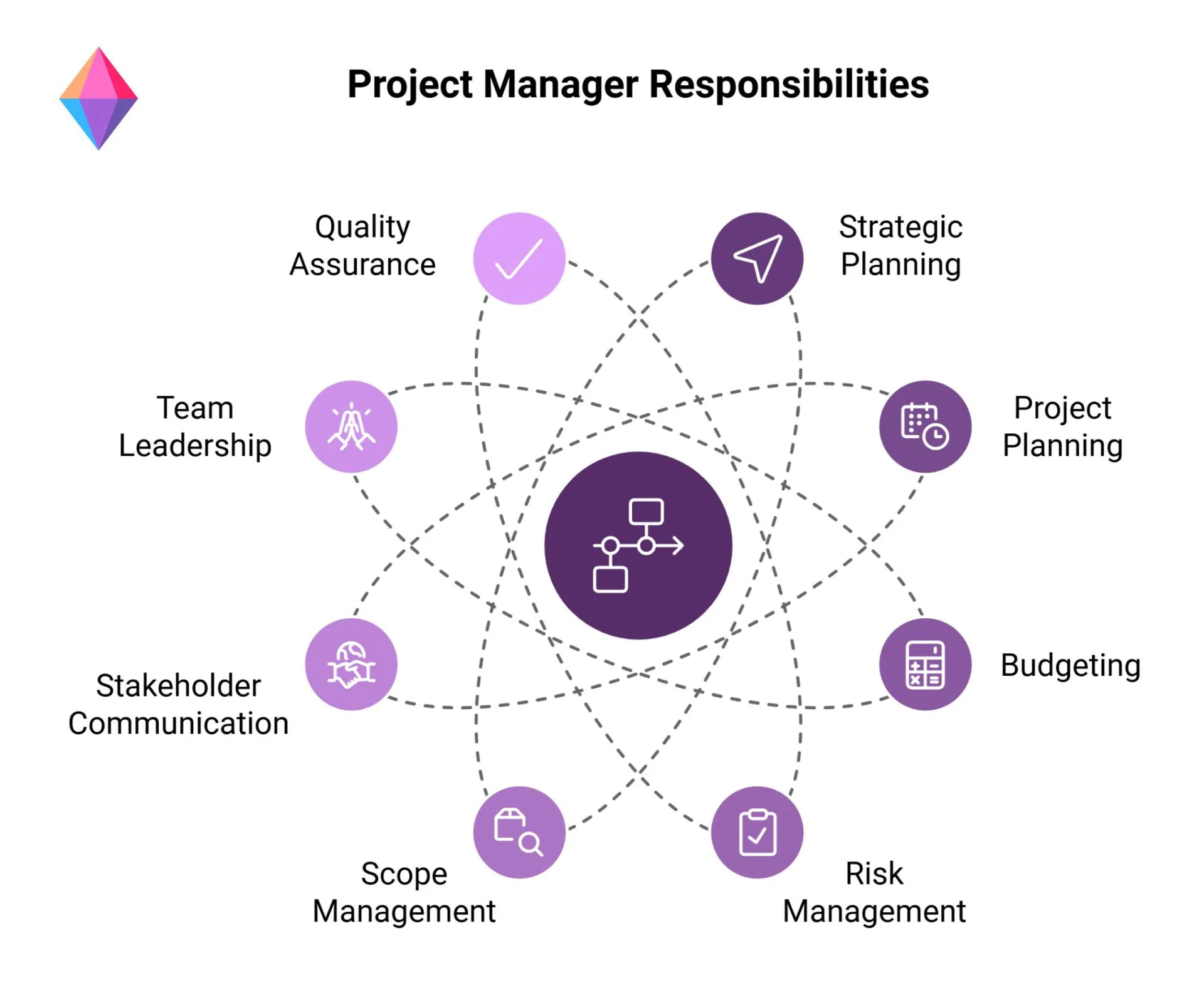
6 Essential Skills for Project Managers
1. Communication
In 2o25, a project manager spends a significant portion of their time communicating with teams, stakeholders, and clients. This includes providing clear instructions, presenting updates, managing expectations, and facilitating productive meetings.
Key elements of effective communication include:
- Clarity and Conciseness: Avoid ambiguity and tailor messages to the audience’s level of understanding
- Active Listening: Understanding concerns and feedback is as important as delivering information
- Adaptability: Shifting communication styles depending on context, whether it’s casual team updates or formal stakeholder presentations
2. Negotiation
Negotiation is inevitable when dealing with budgets, timelines, resource allocation, and scope adjustments. Strong negotiation skills enable project managers to find mutually beneficial solutions without compromising on project objectives.
Tips for effective negotiation:
- Be prepared with data and evidence to back your proposals
- Understand the priorities and concerns of all parties involved
- Aim for win-win outcomes to build trust and maintain relationships
3. Team Management
Managing people is at the core of project management. A project manager must unite individuals with diverse skills and personalities into a cohesive, motivated team.
Effective team management includes:
- Establishing clear roles, responsibilities, and expectations
- Encouraging collaboration and open communication
- Recognizing and resolving conflicts quickly to maintain a harmonious work environment
- Providing consistent feedback and celebrating team achievements to boost morale
4. Organization
Organization is the foundation of any successful project. Project managers juggle multiple tasks, deadlines, resources, and stakeholders, often simultaneously.
Key organizational practices include:
- Using task management tools to track deliverables and timelines
- Maintaining up-to-date project documentation for easy access
- Prioritizing tasks effectively to ensure critical deadlines are met
- Managing stakeholder communication to ensure alignment with project objectives
5. Problem-Solving
Every project comes with unexpected challenges, whether technical, logistical, or interpersonal. The ability to identify, analyze, and resolve issues is a critical skill.
Effective problem-solving involves:
- Proactive identification of issues: Spotting red flags before they escalate
- Structured decision-making: Evaluating options and their implications before choosing a solution
- Collaboration: Involving the team to brainstorm solutions and foster ownership of outcomes
6. Risk Management
Risk management ensures project success by mitigating potential disruptions. A skilled project manager anticipates risks and develops contingency plans.
Steps in risk management include:
- Risk Identification: Recognize potential risks early in the project lifecycle
- Assessment: Determine the likelihood and impact of each risk
- Mitigation Planning: Develop strategies to minimize the impact of risks
- Monitoring: Continuously assess and update risk management plans throughout the project
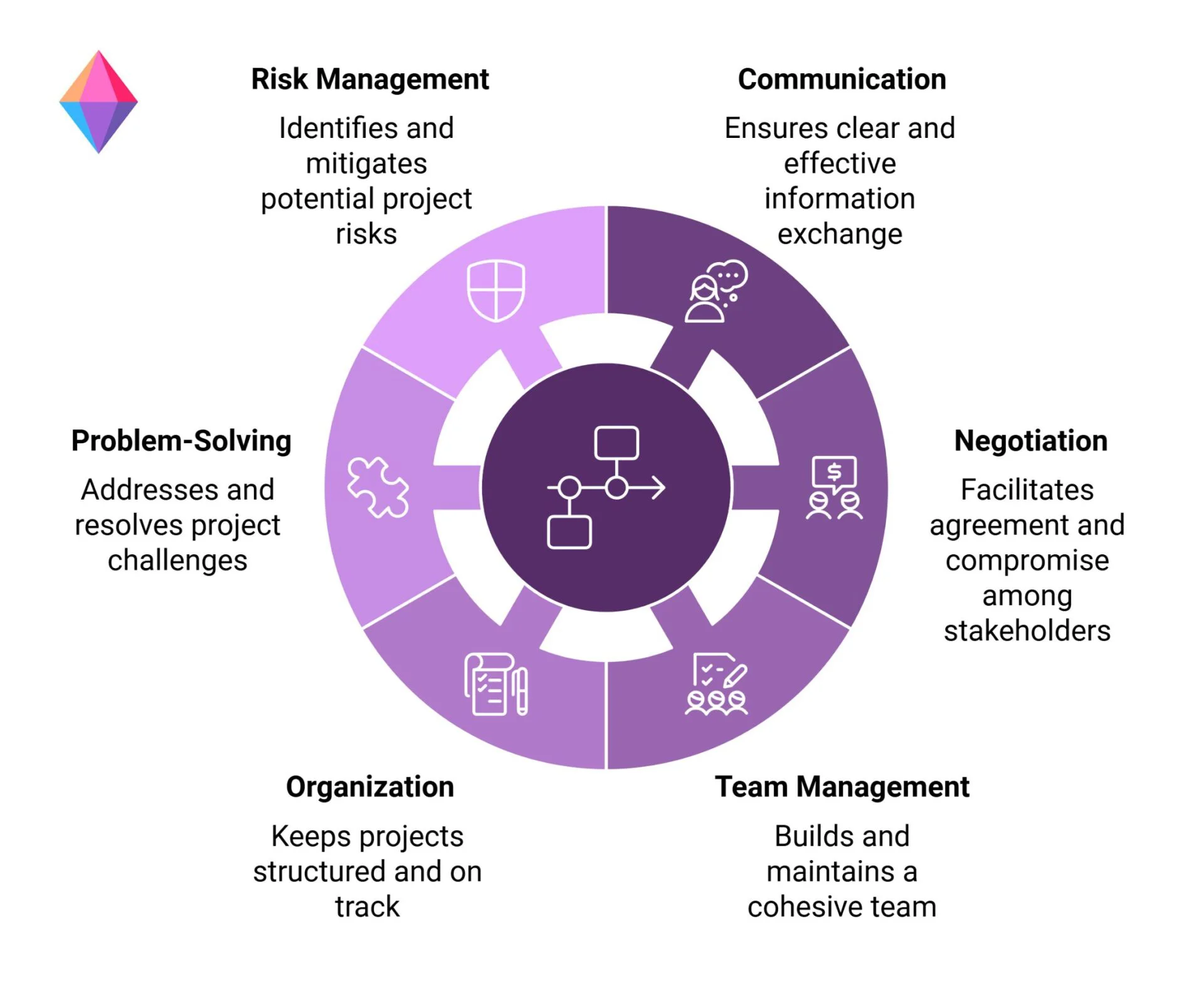
Biggest Challenges faced by Project Managers
Project managers in 2025 face a rapidly evolving environment shaped by technological advancements, hybrid work dynamics, and intense competition. These shifts bring the follwing challenges that test their ability to balance stakeholder expectations, team dynamics, and project objectives:
Unrealistic deadlines
In a hyper-competitive landscape, aggressive deadlines are common. Projects are often scheduled within tight time frames to outpace competitors, leaving project managers juggling resources to meet seemingly impossible timelines.
Solution: Open a dialogue with stakeholders to understand the rationale behind the deadline. Is it tied to a market launch, investor pressure, or customer expectation? If extending the deadline is not an option, explore alternatives such as reducing scope, reallocating resources, or increasing the budget to accommodate the timeline.
Miscommunication
In an era of hybrid work, communication gaps are amplified. Misaligned expectations between team members, stakeholders, and clients can derail projects, especially when cultural and time zone differences are factored in.
Solution: Leverage cutting-edge project management tools like Zenkit to maintain a centralized source of truth. Use inclusive and jargon-free language in communications, tailoring the messaging for diverse audiences. Regular video check-ins and asynchronous updates can bridge gaps across remote teams.
Undefined goals
Starting a project without clear project assumptions leads to wasted resources and missed opportunities. In today’s fast-paced environment, undefined goals can make or break a project.
Solution: Conduct a project charter session at the onset, where stakeholders collaboratively define the project’s goals, success criteria, and deliverables. Document these details in a shared, living document that is accessible to the entire team. Use SMART (Specific, Measurable, Achievable, Relevant, Time-bound) criteria to frame the goals.
Scope Creep
Scope creep continues to plague projects, particularly in industries where stakeholders demand rapid iterations or add last-minute features. In 2025, with evolving technologies, the risk of unplanned changes is even higher.
Solution: Define a Scope Management Plan at the project’s inception. Conduct regular stakeholder reviews to ensure alignment and to mitigate late-stage surprises. Adopt agile methodologies to accommodate iterative feedback without derailing the project, while maintaining clear boundaries for unplanned additions.
Authority and leadership challenges
Establishing authority can be challenging, especially in cross-functional teams or when managing seasoned professionals with more experience than the project manager. In today’s workplace, leadership must be based on trust, not hierarchy.
Solution: Focus on servant leadership—prioritize your team’s needs and create an environment where they can succeed. From day one, clarify roles, responsibilities, and decision-making processes. Lead by example, showing confidence and empathy, and address authority issues diplomatically to prevent them from escalating.
Team dynamics and morale
Managing diverse personalities and expectations, particularly in global teams, can be a monumental task. Friction among team members or poor morale can derail progress and creativity.
Solution: Invest in team-building strategies that foster trust and collaboration. Create an open feedback culture where team members feel heard and valued. Use personality and behavioral assessments, like the DISC Profile or MBTI, to better understand team dynamics and tailor your leadership approach accordingly. Balance meetings with asynchronous communication to respect team members’ time and energy.
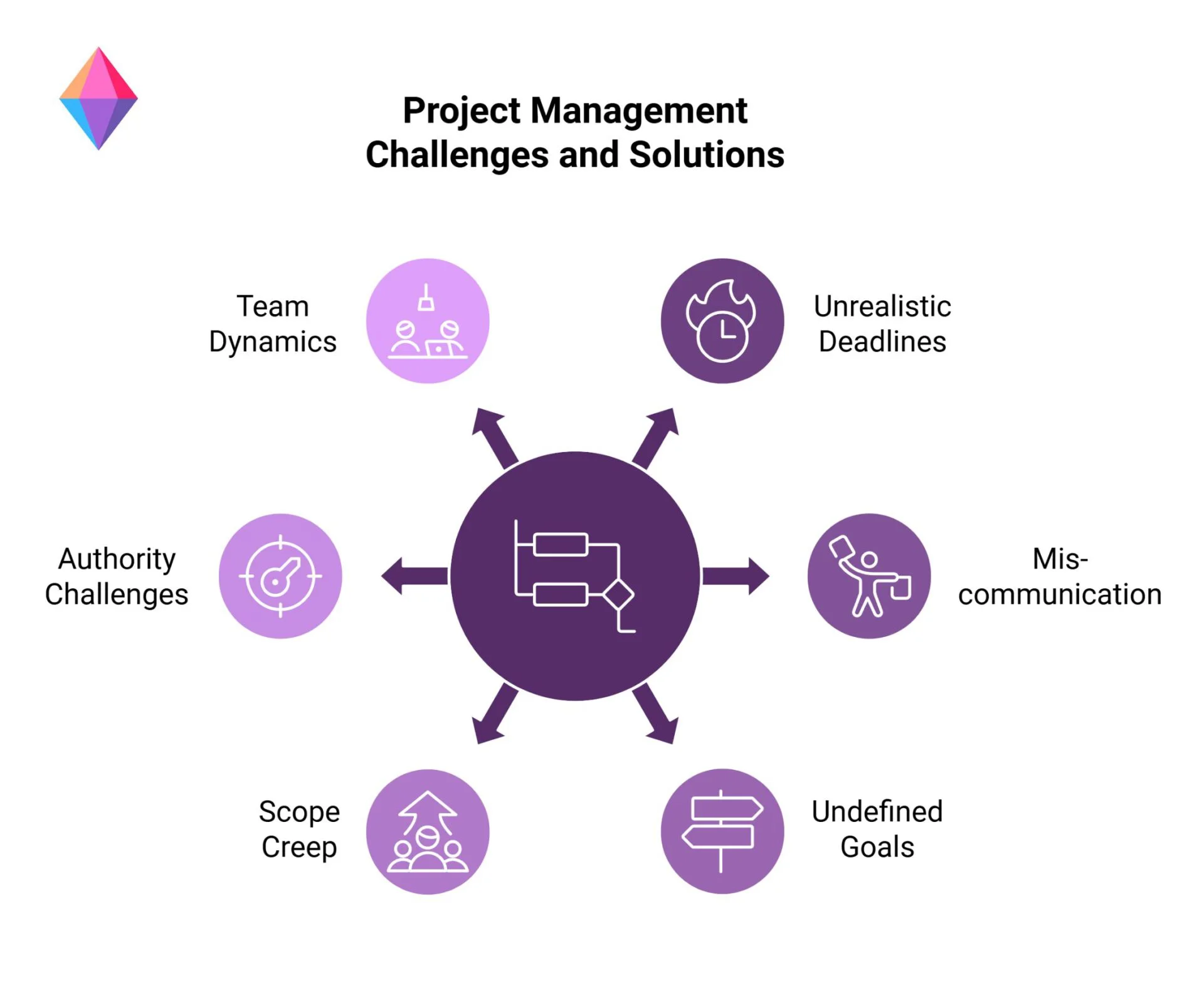
What does it take to become a Project Manager in 2025?
In addition to mastering core skills, project managers in 2025 must navigate unique challenges posed by the modern workplace.
Managing hybrid and remote teams requires proficiency with AI-driven project management tools, automation, and data analyticss and the ability to maintain team cohesion across time zones and cultures. Furthermore, the increasing emphasis on sustainability and ethical practices demands that project managers align projects with environmental and societal values.
Thriving as a project manager in 2025 requires more than technical skills—it demands leadership, a proactive mindset, and the ability to create order out of complexity. For those ready to embrace these challenges, project management offers a dynamic, rewarding career path in a world that increasingly values skilled organizers and problem-solvers.
To be certified, or not to be certified? That is the question
Project management in 2025 is a profession where you don’t necessarily need formal qualifications to rise to the top. It is not uncommon to find yourself in a project leadership role without having completed a degree, diploma or another type of training course, however, being formally qualified does have its advantages:
Arguments for Certification
- Increased competitiveness
- Enhanced knowledge and akills
- Certifications provide a structured understanding of standardized methods, tools, and processes to increase project success rates
- They help solidify best practices and develop a systematic approach to project management
- Networking opportunities
- Certification programs often connect you with other professionals, opening doors to valuable career opportunities
- Career and salary advancement
- Certified project managers tend to earn higher salaries compared to their non-certified peers
- Certification increases your chances of securing leadership roles
- Alignment with market demand
- The demand for qualified project managers is growing, particularly in industries like IT, construction, and consulting
Arguments against Certification
- Cost and time commitment
- Certifications like PMP can be expensive and require significant time for preparation, which might not be feasible for everyone
- Preparing for the exam is time-consuming and often requires professional experience
- Experience over theory
- Many industries value practical experience over formal certifications
- Some employers prefer project managers with proven success rather than certified credentials
- Rapidly changing requirements
- Project management methods evolve quickly. A certification relevant today might become outdated in the near future
- Agile methodologies have challenged traditional approaches, making some certifications less applicable
- Alternative learning options
- Flexible and cost-effective options like online courses, workshops, or coaching can provide comparable benefits
- Specialized training in Agile, Scrum, or Kanban might be more relevant in modern project environments
- Risk of career shift
- If you change career paths, the certification may lose its value, especially if it’s industry-specific
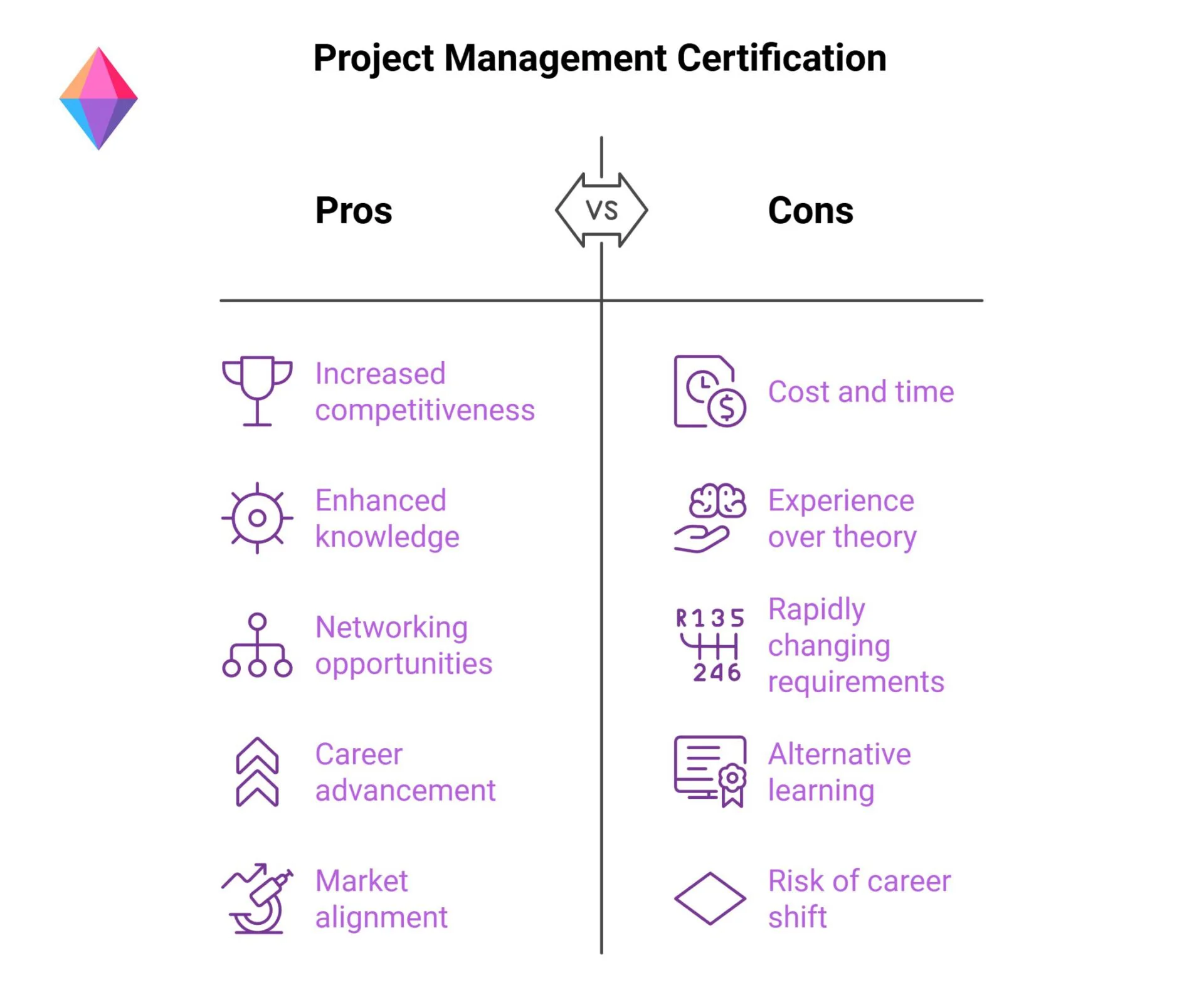
The decision to pursue a project management certification in 2025 depends on your career goals, current market trends, and personal resources.
If you work in an industry where standardized project management is essential and you aim to grow in this field, a certification can provide substantial benefits.
However, if you prioritize practical experience, prefer more flexible learning options, or are hesitant about the cost and time involved, alternative development pathways might suit you better. A thorough evaluation of your career plans and industry needs is key to making the right choice.
Final Thoughts
The role of a project manager in 2025 is more dynamic, strategic, and impactful than ever before. Beyond timelines and budgets, it requires a balance of technical expertise, emotional intelligence, and adaptability to thrive in a fast-evolving landscape.
Whether you’re drawn to this career for its problem-solving challenges, leadership opportunities, or the potential to drive meaningful change, becoming a project manager promises a fulfilling journey
By mastering essential skills, staying attuned to emerging technologies, and aligning with sustainability and organizational goals, you can navigate the complexities of modern business with confidence. As industries continue to value structured yet flexible leadership, this profession offers a bright and rewarding future for those willing to embrace its challenges and opportunities.
As for the project managers reading this, we’d love for you to share your tips — there’s no better knowledge than insider knowledge.
All the best,
The Zenkit Team


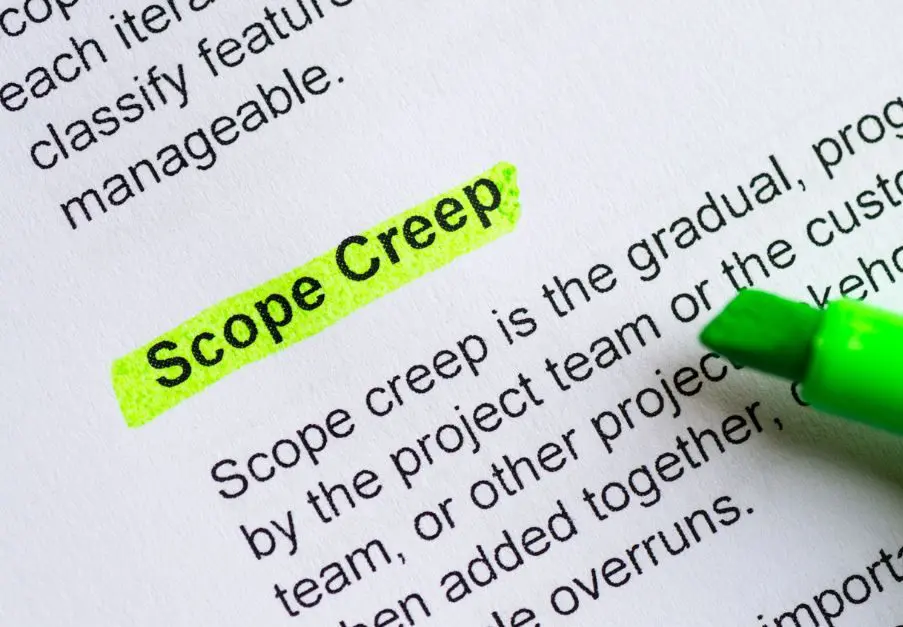

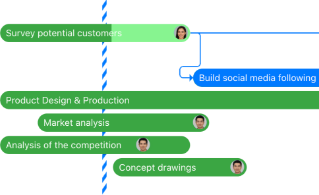
Leave a Reply